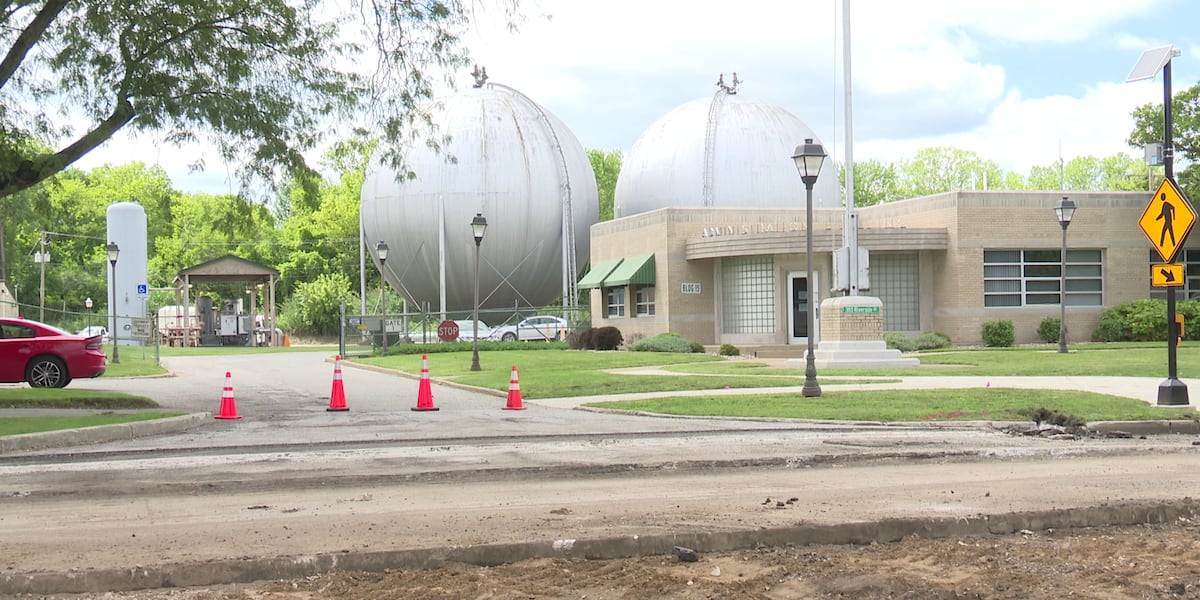South Bend's Water Woes: Experts Weigh In on 'Forever Chemicals' and Health Risks

South Bend, Indiana – Residents of South Bend are facing growing concerns about the safety of their drinking water. Recent findings have revealed elevated levels of PFAS, commonly known as 'forever chemicals,' in the city's water supply. These persistent pollutants, linked to a range of health issues, are proving difficult to completely filter out, prompting a flurry of discussion among experts and raising anxieties within the community.
What are 'Forever Chemicals' (PFAS)?
PFAS, or per- and polyfluoroalkyl substances, are a group of man-made chemicals used in a wide variety of products, from non-stick cookware and firefighting foam to food packaging and textiles. Their strength and resistance to breakdown are what make them so useful, but also so problematic. Because they don’t naturally degrade, they persist in the environment and accumulate in our bodies – earning them the nickname 'forever chemicals'.
The South Bend Situation: A Cause for Concern
Testing in South Bend has indicated that PFAS levels are present, and while the city is employing filtration methods, they aren't entirely effective at removing these chemicals. This is a common challenge for water treatment facilities across the nation, as PFAS are incredibly resilient and require advanced, and often expensive, technologies to remove.
Health Risks Associated with PFAS Exposure
The potential health effects of PFAS exposure are a significant worry. Studies have linked PFAS to a variety of adverse health outcomes, including:
- Increased risk of certain cancers (kidney, testicular, liver)
- Immune system suppression
- Thyroid disruption
- Developmental issues in children
- Elevated cholesterol levels
The severity of these health risks depends on the level and duration of exposure.
Expert Opinions and Ongoing Efforts
Local health experts are actively monitoring the situation and advising residents to take precautionary measures. These include using water filters certified to remove PFAS, particularly for drinking and cooking purposes. The city of South Bend is also exploring options for upgrading its water treatment infrastructure and seeking state and federal funding to support these improvements.
“We understand the concerns of our residents and are committed to providing safe and clean drinking water,” stated a spokesperson for the South Bend Water Department. “We are actively working to address this challenge and will continue to keep the public informed of our progress.”
What Can Residents Do?
- Test Your Water: Consider having your water tested for PFAS to understand your personal exposure levels.
- Use a Certified Filter: Install a water filter specifically certified to remove PFAS.
- Stay Informed: Keep up-to-date on the latest information and advisories from the South Bend Water Department and local health officials.
- Advocate for Change: Contact your elected officials to voice your concerns and support policies aimed at reducing PFAS contamination.
The presence of 'forever chemicals' in South Bend's water supply is a complex issue demanding ongoing attention and proactive solutions. While challenges remain, community awareness, scientific advancements, and governmental action are crucial to safeguarding public health and ensuring access to clean, safe drinking water for all residents.






